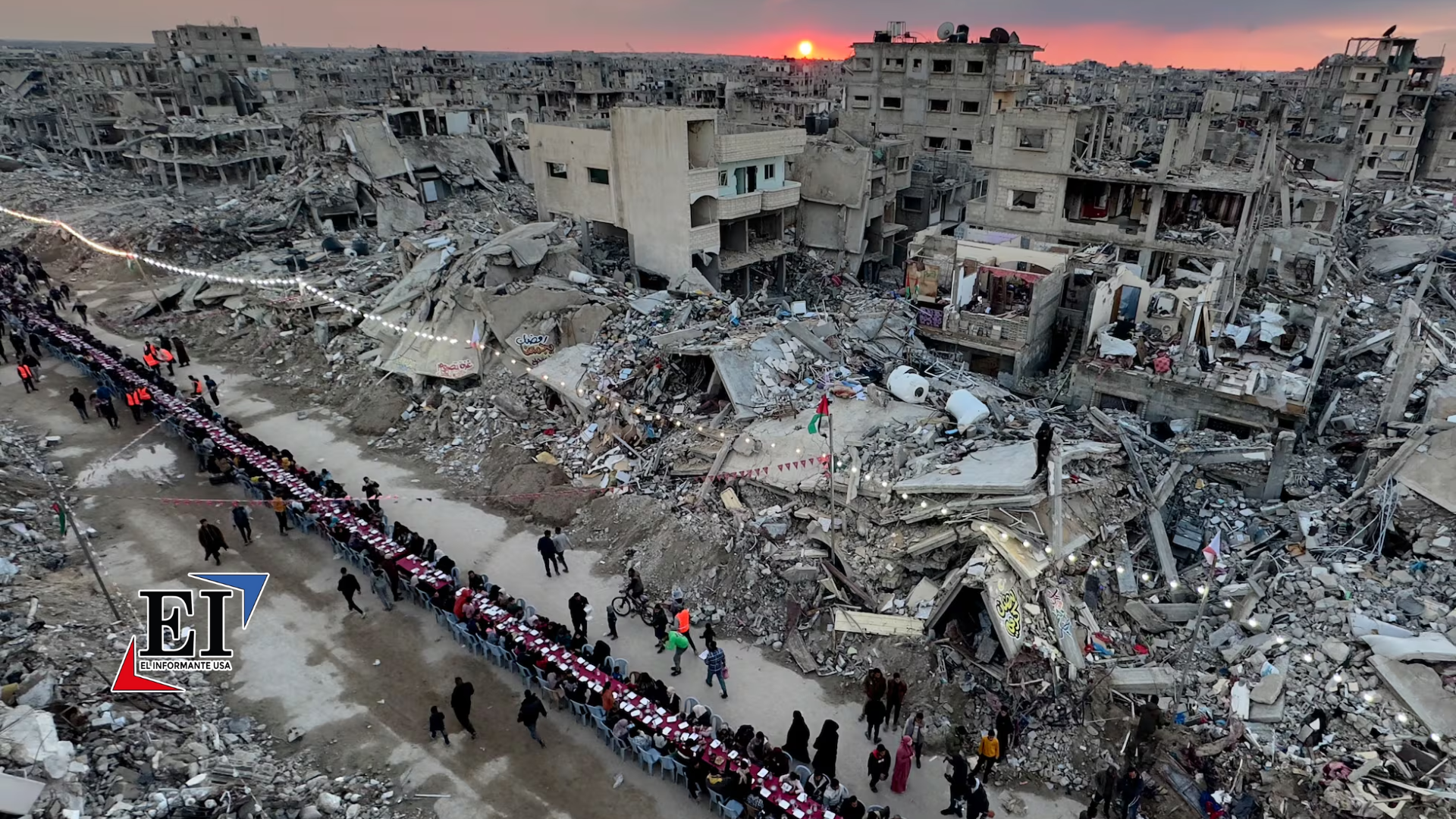The United Nations announced on Monday that it has been in contact with the Israeli government regarding the resumption of humanitarian aid deliveries to the Gaza Strip. This development follows Israeli Prime Minister Benjamin Netanyahu’s announcement on Sunday that the two-month blockade on Gaza would be lifted, allowing aid to enter the enclave. The UN’s Office for the Coordination of Humanitarian Affairs (OCHA) stated that discussions are ongoing to determine how aid can be delivered, considering the conditions on the ground. However, the proposed plan has faced criticism from international organizations, including the UN, which has expressed concerns that the plan may be designed to control and restrict supplies further.
The World Health Organization (WHO) reported last week that at least 57 children have died from hunger in Gaza since March. The WHO warned that if the dire humanitarian situation persists, approximately 71,000 children under five years old could suffer from acute malnutrition in the next eleven months. The situation has drawn international alarm, with many calling for immediate action to address the crisis.
Israeli authorities have proposed a plan, supported by the United States, to create aid delivery points controlled by a newly established foundation. This plan has been met with criticism from the UN and other international bodies, which argue that it may further restrict access to aid and exacerbate the humanitarian crisis. The UN has emphasized the need for unrestricted access to deliver vital aid to those in need.




